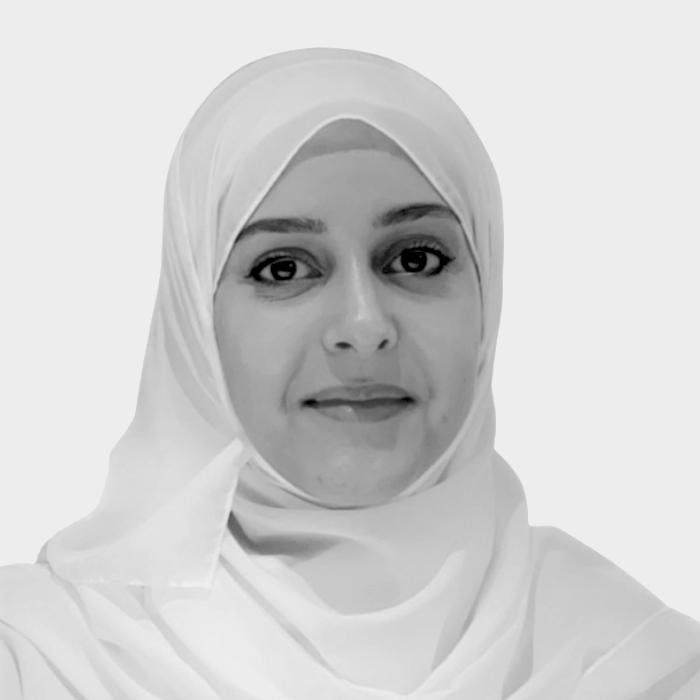'Social Mind' Study

Social Mind: a smartphone app for investigating the relationship between social stress and clinical outcomes in early psychosis.
Psychosis, which directly affects 2-3% of the population, is a severely debilitating psychiatric disorder characterised by a range of symptoms including false beliefs, false perceptions and disorganised thinking. Although antipsychotic medication can lead to rapid improvement in the acute-phase of the disorder, most patients subsequently relapse. This causes considerable distress to patients and their families, and has major economic implications both the NHS and society.
A key challenge in the clinical management of psychosis is that we have limited understanding of the factors that lead to a relapse; this means that doctors are unable to optimise treatment of individual patients based on their level of risk. In other to address this challenge we have developed a smartphone app (Social Mind) which allows the close monitoring of people across multiple contexts, time-points and locations in real time.
In the present project we are using the Social Mind app to measure daily social stress – which is thought to be a strong predictor of the risk of relapse – in 225 patients with a first episode of the illness. First we are examining whether this measure can predict the risk of relapse over a 12-month period. Then we are testing whether we get the same results when we use the app in a different group of 225 patients.
The results will be used to develop a predictive model linking real-time measures of daily social stress with risk of future psychotic relapse. This model could be integrated within routine clinical care, helping doctors optimise treatment of individual patients based on their level of risk. This could improve long-term clinical outcomes amongst people with first episode psychosis. The application of smartphone technologies in mental health care has the potential to fundamentally change the way in which patients are assessed, treated and monitored.
—
Social Mind is generously supported by the UK Research and Innovation Medical Research Council.

Participating NHS Trusts
South London & Maudsley NHS Foundation Trust
Black Country Healthcare NHS Foundation Trust
Central & North West London NHS Foundation Trust
East London NHS Foundation Trust
North East London NHS Foundation Trust
Oxford Health NHS Foundation Trust
Sheffield Health & Social Care NHS Foundation Trust
South West London & St Georges NHS Foundation Trust
Surrey & Borders Partnership NHS Foundation Trust

Our research team
Andrea Mechelli, PhD

Andrea is a Professor of Early Intervention in Mental Health in the Department of Psychosis Studies at King’s College London and a Honorary Clinical Psychologist in the South London & Maudsley NHS Foundation Trust. He is an expert in the development and validation of novel clinical tools for improving detection and treatment of psychosis. For more information see kcl.ac.uk/people/andrea-mechelli
Stefania Tognin, PhD

Stefania is a Senior Lecturer in Psychosis Studies in the Department of Psychosis Studies at King’s College London and a Honorary Clinical Psychologist in the South London & Maudsley NHS Foundation Trust. She is an expert in biopsychosocial mechanisms of risk and resilience in the early stages of psychosis. For more information see kcl.ac.uk/people/dr-stefania-tognin
Ryan Hammoud

Ryan is a PhD candidate in the Department of Psychosis Studies at King’s College London. He holds an MSc in Neuroscience (Cognitive Neuroscience) from King’s College London and is interested in using novel technologies to explore environmental effects on mental health. For more information, see: kcl.ac.uk/people/ryan-hammoud
Aljawharah Almuqrin

Aljawharah is a PhD candidate at the Department of Psychosis Studies, Institute of Psychiatry, Psychology & Neuroscience, King's College London. She holds an MSc in Mental Health Studies from King's College London and a BSc degree in Clinical Psychology from Princess Nourah bint Abdulrahman University. For more information see LinkedIn
Natasha Vorontsova, PhD, DClinPsy, CPsychol, AFBPsS

Natasha is a Senior Research Fellow at the Institute of Psychiatry, Psychology & Neuroscience (King’s College London), and a Senior Clinical Psychologist in the NHS. Natasha has specialised in the psychological and social understanding of psychosis, especially in the roles of emotional difficulties and trauma. She is passionate about developing innovative approaches to mental health support and improving talking therapies.
Anna Georgiades, PhD, DClinPsy, BABCP

Anna is the Deputy Programme Director for the Early Intervention MSc and a Senior Research Fellow at the Institute of Psychiatry, Psychology, and Neuroscience at King's College London. She is also a Senior Clinical Psychologist for the Brent Early Intervention Service in the National Health Service. She has a special interest in Cognitive Behaviour Therapy for Psychosis (CBTp), Cognitive Behavioural Family Interventions for psychosis (CBFIP) and Neurocognition in psychosis.





